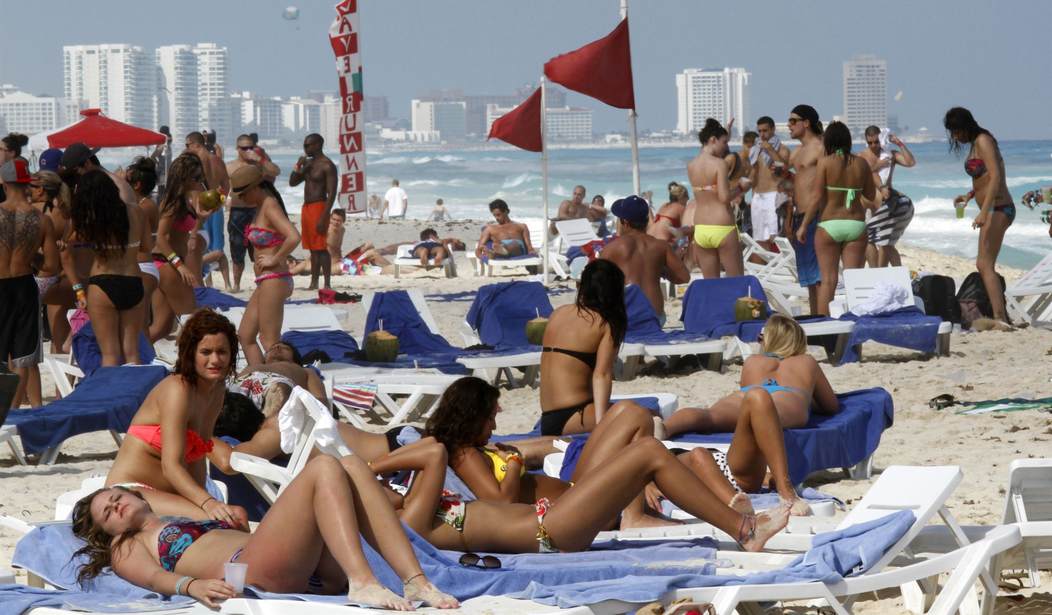With spring break extended, many schools closing and more universities switching their semester to online-only, young Americans have a new abundance of free time, and many seem unconcerned about expending those efforts toward minimizing the spread of coronavirus. We’ve seen on social media how many adolescents and young adults are “taking advantage” of these opportunities to continue partying and enjoy cheap travel costs, despite new cautions from the CDC to abstain from public gatherings of more than 10 people for the next eight weeks. While it’s true most young people are less likely to experience severe symptoms as a result of contracting the virus, they can and are still affected, as proven through new CDC data showing that 40% of those hospitalized with coronavirus in the U.S. are under the age of 54. The cooperation of young people during this time is not only crucial for their health but for the recovery of the world.
The most apparent reason that young people must cooperate, in addition to the obvious that they can get sick, is that they can be virus carriers. It’s true that some individuals who have tested positive for COVID-19 have experienced more mild symptoms comparable to the common cold and other less severe sicknesses. This is good news for those who have contracted the virus, but this should not be seen as an invitation to throw caution to the wind. It’s deeply disrespectful to the elderly when younger and healthier populations choose not to take this seriously and jeopardize more vulnerable individuals as a result of inaction. These populations are equally valuable and deserving of our help and protection during these times.
The median amount of time it takes for one to start showing symptoms of COVID-19 is about five days, and virtually everyone will know within 14 days. Because it can take up to two weeks for symptoms to show, people can carry the virus for a considerable time and pass it along without even realizing it. This is why all populations, young people included, must practice social distancing by staying at home as much as possible and avoiding large crowds. Aggressive actions taken now will pay tremendous dividends later.
Recommended
Additionally, young people must work together with us to avoid overburdening an already over-stretched medical system. Even when there isn’t a pandemic, hospitals are generally full, with little to no extra beds. To prevent overrunning medical facilities, we must cooperate with suggested preventative measures and help “flatten the curve.” In this way, the more vulnerable populations and those who seriously need treatment can get the help they need unhindered.
The end of COVID-19 will require a collective, collaborative effort that heavily depends on the participation of young people. It may seem like a sacrifice now to cancel plans or miss out on significant events, but this is a matter of life and death. Just a few weeks spent away from large crowds and taking time to rest at home can stop the spread of a genuine threat and serve to protect those who absolutely cannot risk contracting a sickness for which we currently have no vaccine.
Wash your hands frequently, sneeze properly into a tissue or the crook of your arm, avoid touching your face and practice social distancing. Even if you aren’t motivated to protect yourself from the sickness, do it for the more vulnerable who need your help to stay safe.
Dr. Finny Kuruvilla holds an MD from Harvard Medical School, a Ph.D. from Harvard University and is the founder of Sattler College in Boston.

























Join the conversation as a VIP Member